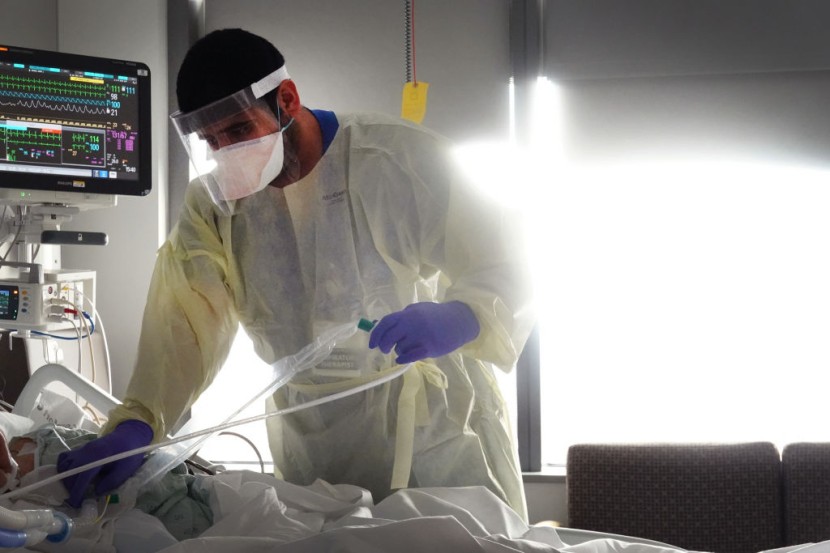
The United States Centers for Disease Control and Prevention (CDC) conducted a study that found that 20% of adult coronavirus infection survivors under the age of 65 will most likely develop symptoms of long COVID.
The study also found that among adults aged 65 and older, the rate was even higher, being one in four adults. The results are indications of how seriously the federal health agency views the problem of long COVID.
Long COVID
The authors of the study, who are members of the health agency's COVID-19 Emergency Response Team, recommended "routine assessment for post-COVID conditions among people who survived the infection.
The term long COVID is used to describe an array of symptoms that can last for several months or longer after the initial contraction of the coronavirus. The study's researchers identified post-COVID health problems in many different organ systems, including the heart, lungs, and kidneys.
They found that there were other issues, such as blood circulation, the musculoskeletal system, and the endocrine system; gastrointestinal conditions, neurological problems, and psychiatric symptoms were also identified in the study, as per the New York Times.
In the two age groups observed within the study, COVID-19 patients had twice the risk of uninfected people developing respiratory symptoms and lung problems, including pulmonary embolism. Patients aged 65 and older were at even greater risk than the younger group of developing kidney failure, neurological conditions, and most mental health conditions.
In a statement, the chief of research and development at the V.A. St. Louis Health Care System, Dr. Ziyad Al-Aly, who is also a clinical epidemiologist at Washington University in St. Louis, said that it was sobering to see the results of the study. She noted that they confirmed again the breadth of organ dysfunction and the scale of the problem brought by the coronavirus.
According to CBS News, the study was published in the CDC's Morbidity and Mortality Weekly Report and is the latest that tries to quantify how many of the millions of Americans who have been infected by the deadly virus are susceptible to long-term issues caused by the virus.
What are the Long-Term Effects?
The research observed data from March 2020 to November 2021 before the massive Omicron variant surge over the winter. The CDC estimates, based on surveys of antibodies, that the share of Americans who have survived the virus rose to nearly 60% over the winter, which was up a third in December.
The most common symptoms among the 26 conditions examined by the study were found to be respiratory symptoms and musculoskeletal pain in both seniors and other adults. Other mental health issues that plagued the group of patients aged 65 and up include mood disorders to substance abuse.
Another study, which was also published this week by scientists at Northwestern University, reported that many so-called "long-haulers" were facing conditions like brain fog and numbness for more than a year after their initial infection. This comes as the CDC study's authors noted that there were some factors that could complicate their estimates.
Many experts think that research will soon show that long COVID likely has many different causes. Health professionals said that this would depend on such factors as the severity of the initial illness and an individual's predisposing characteristics, NPR reported.
Related Article:
Philadelphia Reinstates Face Masks in Schools for Students, Staff Amid Rise in COVID-19 Cases
© 2025 HNGN, All rights reserved. Do not reproduce without permission.








